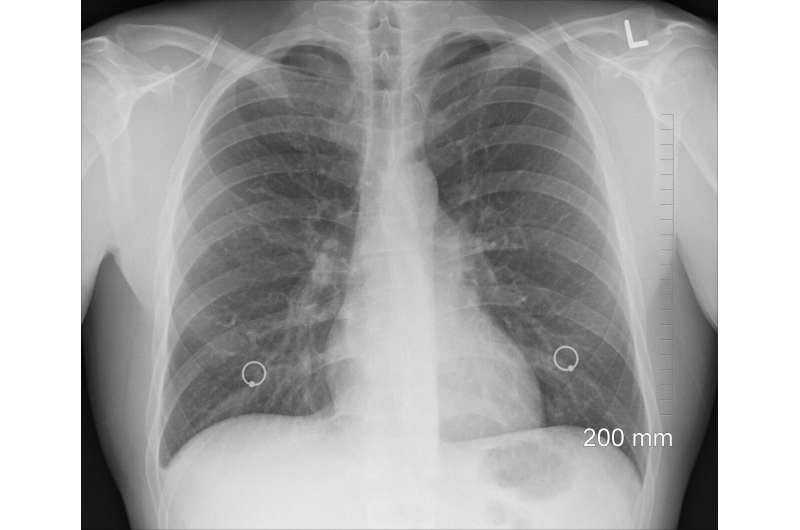Genetic Mutation Links to ALS and Dementia by Altering Gene Splicing Mechanisms

New research uncovers how a mutation within the C9orf72 gene misregulates gene splicing, leading to toxic protein production in ALS and dementia, opening new avenues for targeted therapies.
A groundbreaking study published in Nature Neuroscience reveals new insights into the genetic underpinnings of amyotrophic lateral sclerosis (ALS) and frontotemporal dementia (FTD). Researchers at Yale University have identified a specific mutation within the C9orf72 gene that disrupts normal gene expression processes, leading to the production of toxic proteins implicated in these neurodegenerative disorders.
ALS, characterized by the progressive loss of nerve cells controlling muscle movement, often co-occurs with FTD, which affects behavior, personality, and language due to brain damage in the frontal and temporal lobes. While genetic factors account for some cases—particularly those with a family history—the role of mutations within the C9orf72 gene is especially significant in European and North American populations.
Unlike typical mutations, the C9orf72 mutation is situated within an intron, a non-coding region of DNA generally not involved in protein synthesis. This intronic mutation involves a repetitive expansion of a short DNA sequence, which, paradoxically, results in the generation of toxic proteins when transcribed into RNA. These aberrant proteins accumulate in brain and spinal cord tissues, contributing to cellular damage.
The key discovery by Yang and Guo involves a process called aberrant splicing, where the usual removal of introns during RNA maturation is disrupted. Using innovative techniques to analyze rare RNA molecules, the scientists found that in the case of the C9orf72 mutation, part of the intron becomes erroneously incorporated as an exon—a segment normally retained only in introns.
"This abnormal splicing pattern causes the repeat sequences to be retained in the final RNA, leading to the production of harmful proteins," explains Guo. These findings suggest that certain splicing factors are responsible for this misregulation, and different cell types exhibit varying splicing outcomes, opening potential avenues for targeted therapies.
Current treatments aiming to reduce toxic RNA or protein levels face challenges, such as distinguishing harmful repeats from normal gene transcripts. The study introduces a novel approach: designing molecules that specifically bind to the unique sequences created by abnormal splicing. Early experiments demonstrate that these molecules can effectively lower the levels of toxic RNA and protein, offering promising therapeutic potential.
Guo emphasizes that these insights call for a reevaluation of how we categorize gene mutations. "An intron may not always stay an intron," he notes, highlighting the complexity of gene regulation and the importance of understanding atypical splicing events in disease pathology.
This research underscores the significance of genetic and splicing mechanisms in neurodegenerative diseases and paves the way for more precise, mutation-specific treatments for ALS and FTD.
Source: Medical Xpress
Stay Updated with Mia's Feed
Get the latest health & wellness insights delivered straight to your inbox.
Related Articles
Utilizing Dental Visits to Boost Childhood Vaccination Rates
Enhancing childhood vaccination rates by integrating immunizations into dental visits offers a promising strategy to reach adolescents and improve public health outcomes.
Rethinking COPD Diagnosis to Enhance Accuracy and Facilitate Early Detection
A new multidimensional diagnostic approach for COPD integrates symptoms and imaging data, enabling earlier and more accurate detection of at-risk individuals beyond traditional spirometry methods.
The Importance of Discussing Sexual Health After Gynecological Cancer Treatment
Open communication about sexual health post-gynecological cancer treatment is essential for survivors' well-being. Learn how healthcare providers can support emotional and physical intimacy through respectful conversations.



